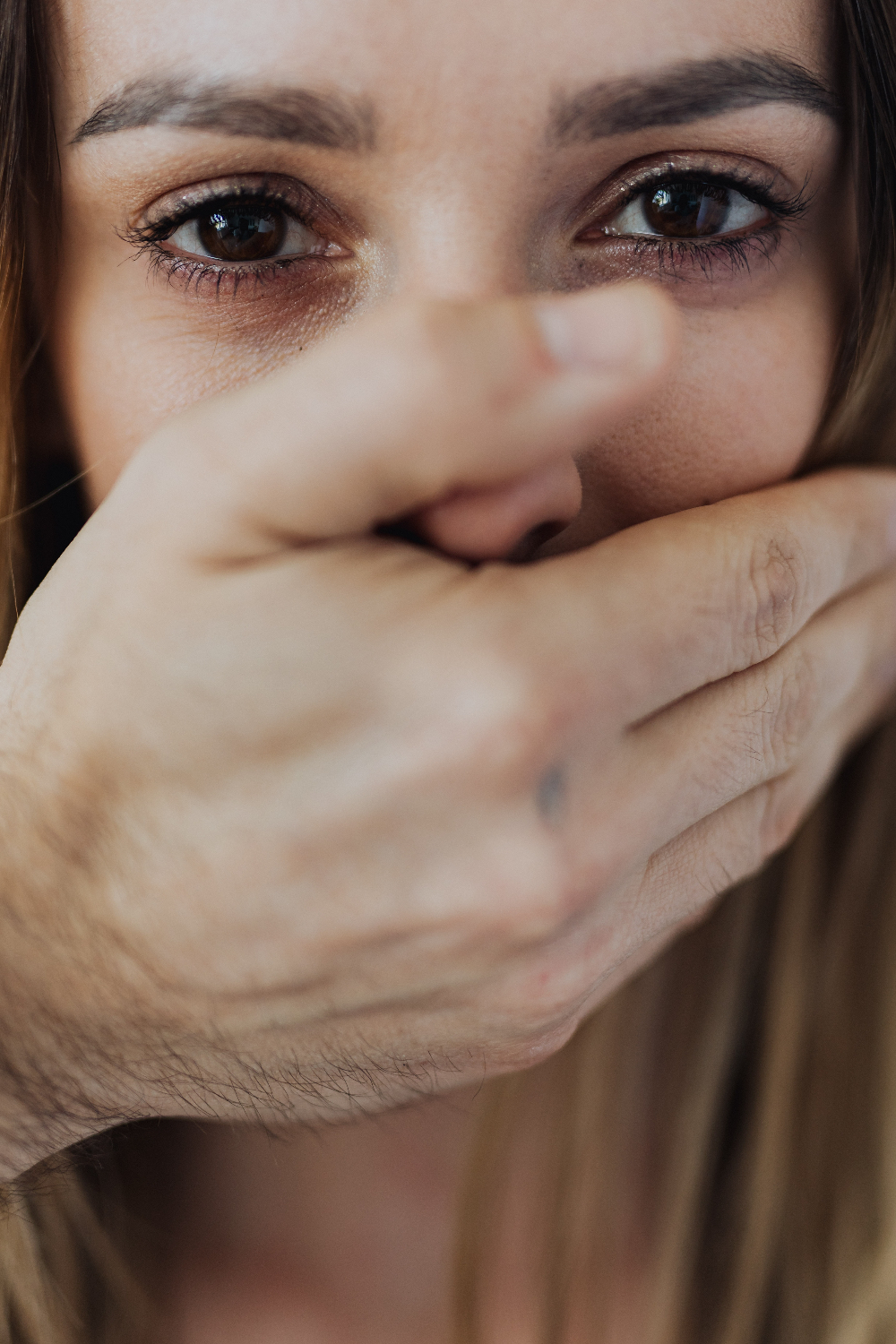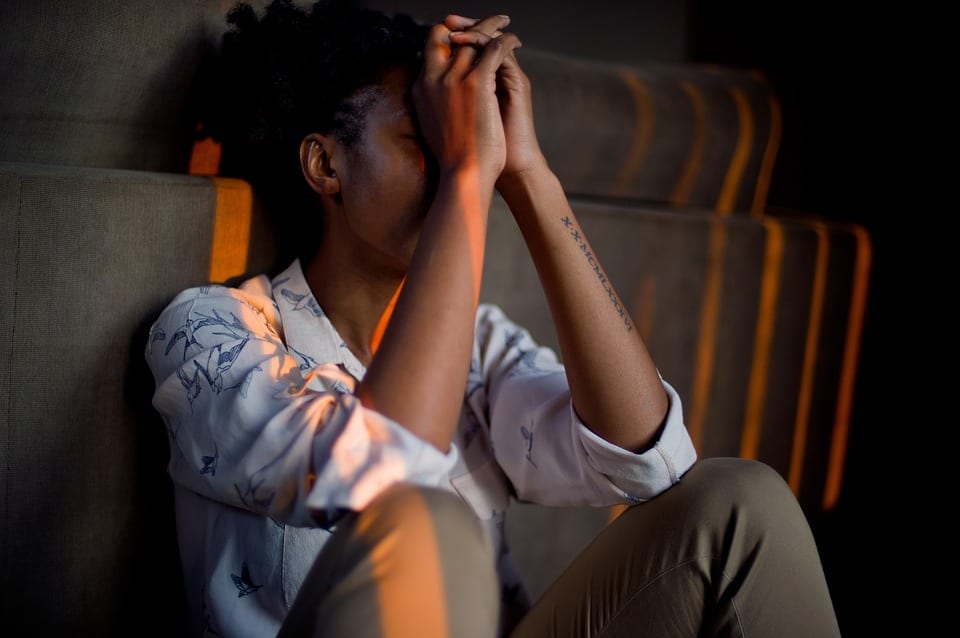Protecting victims’ rights in sex crime cases is an ongoing process and one which is necessary to ensure the safety and well-being of victims, ensuring they have the tools and support they need to access legal remedies and seek the justice they deserve.
Based on the latest statistics, there are an average of 463,634 victims of rape and sexual assault in the United States each year. Unfortunately, many of these crimes remain unreported and victims fail to receive the justice they deserve.
In order to protect these individuals, the legal system in the U.S. has evolved to ensure victims of such crimes are heard and their rights protected. While navigating this area of the law without an experienced sex crime attorney by your side can be challenging, this article seeks to outline the rights offered to victims of such crimes to make the prospect of coming forward less daunting.
Federal Legislation
In most cases, sex offenses are prosecuted by state authorities in municipal or county courts, however, there are occasions when a sex crime can escalate to a federal level, activating federal crime laws.
This will be the case if the sex crime takes place on federal property, includes interstate activity, or is exceptionally severe. Federal sex crimes include rape, human sex trafficking, illegal sex tourism, and child pornography and such crimes usually result in longer federal prison sentences, substantial fines, and inclusion on a sex offender registry, impacting the perpetrator’s life long after their release from prison. Below are some of the key federal laws that offer protection for victims of sex crimes:
- Violence Against Women Act (VAWA)
The Violence Against Women Act (VAWA) is a 1994 federal piece of legislation that aims to protect victims of domestic violence, sexual assault, dating violence, and stalking by providing funding for support services and legal aid for victims. VAWA also requires that every state allow victims to seek a protection order against their perpetrator.
- Victims of Crime Act (VOCA)
The law recognizes that victims of sex crimes can be left emotionally, psychologically as well as physically affected. In recognition of this fact, the Crime Victim’s Fund was set up under VOCA in 1984 to take into account the financial costs, such as lost earnings and medical bills, victims of sex crimes often encounter. This fund is designed to provide victims of sex crimes with state grants and other forms of financial assistance and is replenished through fines, penalties, and forfeited bail bonds levied on convicted criminals.
- Crime Victims’ Rights Act (CVRA)
Under this 2004 federal act, victims of sex crimes are given certain rights during the criminal justice process. These include the following:
- The right to be informed of proceedings and events
- The right to attend proceedings and be heard
- To receive reasonable protection from the accused
- The right to proceedings free from unreasonable delay
- The right to be treated with fairness and with respect for their dignity and privacy
- The right to full and timely restitution as provided in law.
- The Victims’ Rights and Restitution Act (VRRA)
This federal statute bolsters the CVRA by setting out additional support and safeguards the government is required to provide to victims of federal crimes. Some of the rights victims have under the VRRA include:
- To be informed where they may receive medical and social services
- To be informed of counseling programs, treatment, and other support services
- To know the status of the investigation
Protection Orders

Civil laws also offer victims of sex crimes the ability to seek protection orders to keep their perpetrators away. These orders can include restraining orders, no-contact orders, and stay-away orders, typically requiring the accused to stay a certain distance away from the victim. Violation of a protection order is a criminal offense, providing victims of sex crimes with added protection.
Confidentiality and Privacy
Protecting the anonymity of victims of sex crimes who often feel vulnerable and scared in the aftermath of their assault, is of utmost importance. As a result, many emergency shelter locations for victims of sexual violence locations are confidential, and why it is illegal to publish the names of rape victims. Many states also prohibit the disclosure of home addresses for victims of sexual violence.
Law enforcement agencies and courts must take steps to ensure the confidentiality of victims of sex crimes whenever possible and victims can also request that their personal information be redacted from public records. In addition to these protection measures, some jurisdictions also protect the identity of victims of sex crimes by allowing them to remain anonymous during court proceedings and testifying under a pseudonym to avoid public exposure.
Protecting victims’ rights in sex crime cases is an ongoing process and one which is necessary to ensure the safety and well-being of victims, ensuring they have the tools and support they need to access legal remedies and seek the justice they deserve.


Join the conversation!